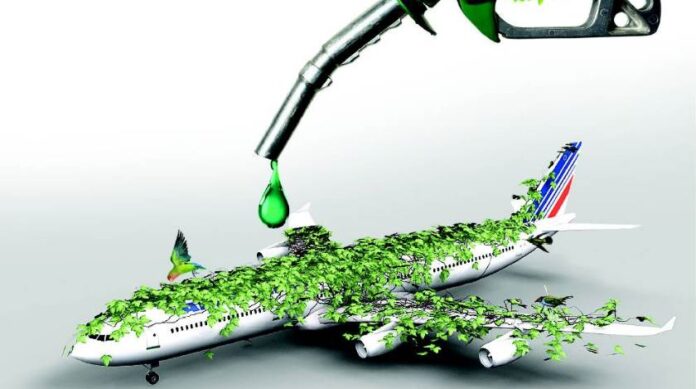SEATTLE: Boeing Co said it will begin delivering commercial airplanes capable of flying on 100pc biofuel by the end of the decade, calling reducing environmental damage from fossil fuels the “challenge of our lifetime.”
Boeing’s goal – which requires advances to jet systems, raising fuel-blending requirements, and safety certification by global regulators – is central to a broader industry target of slashing carbon emissions in half by 2050, the US planemaker said.
“It is a tremendous challenge, it is the challenge of our lifetime,” Boeing Director of Sustainability Strategy Sean Newsum told Reuters. “Aviation is committed to doing its part to reduce its carbon footprint.” Commercial flying currently accounts for about 2% of global carbon emissions and about 12% of transport emissions, according to data cited by the Air Transport Action Group (ATAG).
Boeing essentially has just a decade to reach its target because jetliners that enter service in 2030 will typically stay in service through 2050. The world’s largest aerospace company must also confront the task hobbled by the coronavirus pandemic and the 20-month grounding of its best-selling jetliner after fatal crashes, which has strained its finances and engineering resources.
Boeing is not starting from scratch. In 2018, it staged the world’s first commercial airplane flight using 100pc biofuel on a FedEx Corp 777 freighter. Boeing and Airbus SE also work on reducing carbon emissions through weight and drag reduction on new aircraft.




